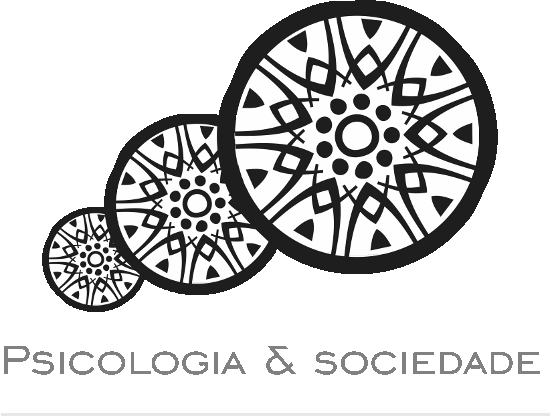Effects of fear of crime were measured in 70 undergraduate students, to know whether subjective insecurity and victimization-fear paradox, were affecting them. This paradox considers perception of insecurity as higher than would be expected, according to objective insecurity. Levels of fear of crime in Caracas were compared with two Latin American cities. Cross-sectional descriptive design was used along with quantitative and qualitative elements and standardized 'Questionnaire of Urban Insecurity'. Women showed more fear of crime than men, a result significant only for the physiological scale. The lower social-economic level showed less fear of crime than middle social-economic level. Victimization does not make differences in fear of crime. It is higher in Lima and San Luis than in Caracas. The paradox was inversed in our group; that could explain low fear of crime level and differences between cities. An alternative explanation is proposed as a hypothesis, in the concept of habituation.
fear of crime; subjective insecurity; urban insecurity; victimization-fear paradox; habituation




